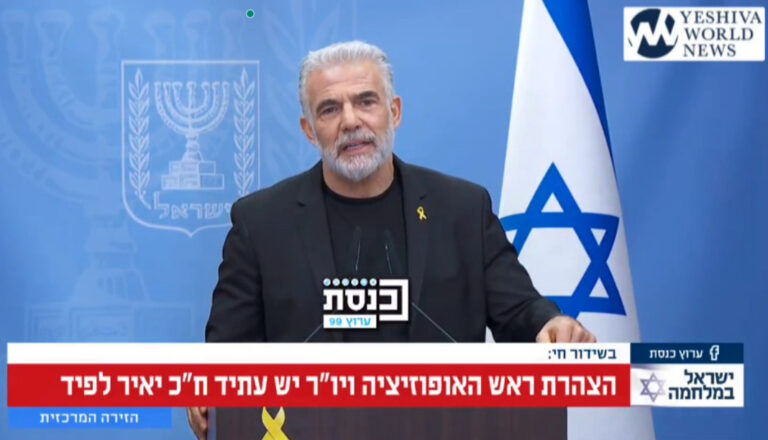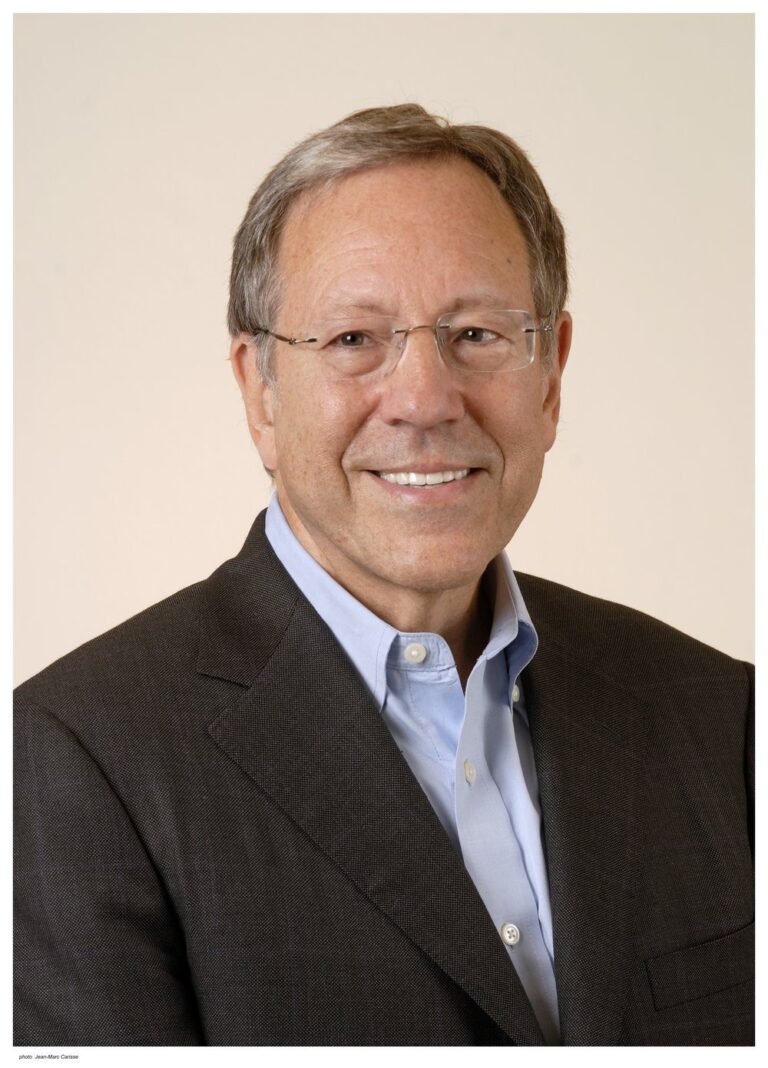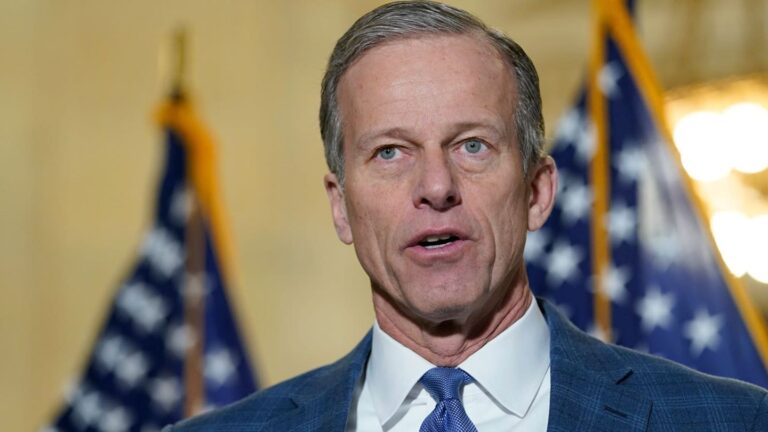 If President-elect Donald Trump is serious about “draining the swamp,” ethics experts have a few ideas for how it can be done.
If President-elect Donald Trump is serious about “draining the swamp,” ethics experts have a few ideas for how it can be done.
Last week, following criticism that he was walking back his campaign promise to rid Washington of special interests, Trump introduced a three-part plan aimed at closing both ends of Washington’s revolving door. His transition team said Trump plans to ban lobbyists from working in the new administration, extend the amount of time administration officials must wait if they want to become lobbyists after leaving government and prohibit outgoing administration officials from ever lobbying for a foreign country.
Though the proposals sound stringent, ethics experts are by and large skeptical that they will be effective. The outright ban on lobbyists coming into the administration is easy to circumvent because a lobbyist could simply deregister – some lobbyists working on the Trump transition have already done that.
What follows is a breakdown of what ethics experts think could be done to “drain the swamp.” Some are out of Trump’s direct control and would fall on Congress to implement. The experts we consulted are Brett Kappel, a government-ethics attorney at the law firm Akerman, Norm Eisen of the Brookings Institution, who authored the ethics rules in the Obama administration, and Craig Holman, a lobbyist at the watchdog group Public Citizen.
1. Expand the definition of a lobbyist.
This is something Congress would have to do by changing the Lobbying Disclosure Act (LDA). The law defines a lobbyist as someone who spends at least 20 percent of their time lobbying for a single client during a three-month period. Ethics experts call this the “20 percent loophole” because it allows people who spend, say, 19 percent of their time lobbying to avoid registering as a lobbyist.
Changing this definition would mean that anyone who lobbies on behalf of clients – whether they lobby a little or a lot – would have to register as a lobbyist. This would presumably reduce the “de-registration” or “shadow lobbying” phenomenon, which has grown increasingly prevalent over the past eight years after the Obama administration released restrictions on lobbyists working for the government. In reaction to these restrictions, many people who work in the influence industry either terminated their registrations or did not register to begin with so they can call themselves “advisers” or “consultants” instead of lobbyists.
But getting members of Congress to eliminate a loophole that benefits their own post-government employment prospects is a long shot.
“You could expand the definition to include anyone who’s paid to influence government decision-making,” Kappel said. “There’s a whole lot of former members [of Congress] and senior government officials who don’t lobby because they don’t make lobbying contacts, they just advise other people on how to do it. You could bring those people in.”
2. Ban lobbyists from giving campaign contributions or raising money for elected officials.
This is probably the most radical change but also the most effective one, according to experts, when it comes to “draining the swamp.” There is currently no limit on how much money federal lobbyists can raise for members of Congress, though candidates do have to disclose the names of lobbyists who raise at least $17,600 as “bundlers,” meaning the collect contributions on behalf of the candidate.
Congress could certainly follow the lead of some state and local governments, like South Carolina and California, that have enacted bans or dollar limits on lobbyists giving money to legislators. But such a ban at the federal level is unlikely, given that lawmakers would be cutting themselves off from a lucrative source of fundraising that is entrenched in the political system.
Such a move, though, might thrill many Washington lobbyists, who privately complain that fundraising is a drag. “Every lobbyist in Washington would be ecstatic if Congress would do that,” Kappel said.
3. Continue executive order that restricts the role of anyone with financial conflicts of interests, not just lobbyists, coming into the administration.
The Trump White House could keep in place the executive order Obama issued at the beginning of his presidency that restricts not only registered lobbyists from serving in the executive branch, but non-lobbyists with a financial conflict of interest as well. This would mean corporate executives and consultants would have to meet strict rules if they want to work in the executive branch, such as recuse themselves from getting involved in issues that directly affect their former employer or clients for a defined period of time. The Obama executive order did this by requiring appointees to sign a pledge saying that for two years, they would not work on matters that affect their former employer or clients. Trump could continue that executive order, or even expand on it.
“One thing Trump could do to ‘drain the swamp’ is to preserve Obama’s ethics order for incoming administration officials,” Holman said. “He’s not only bringing his own conflicts of interest baggage into the White House, but the titans of industry he’s talking about appointing to his administration all have their own conflicts of interest. No one needs that ethics executive order more than Trump.”
4. Limit the influence of big donors.
It’s impossible to “drain” Washington of special interests without changing the campaign finance system, according to ethics experts. The 2010 Supreme Court case Citizens United v. FEC opened up a gush of money into U.S. elections by allowing corporations and unions to spend unlimited amounts on politics as long as they did so independently of campaigns and parties. The 2016 campaign saw a large concentration of donations from a small group of ultrawealthy individuals, many of whom – like casino magnate Sheldon Adelson and hedge fund billionaire Robert Mercer – backed Trump.
“The swamp is watered by big money so [Trump] needs to do something about campaign finance reform,” Eisen said.
Groups lobbying for stricter campaign finance laws hope to overturn Citizens by pressuring Congress to propose a constitutional amendment, which would then have to be ratified by the states, but the effort is a long shot. In the meantime, Trump – or any elected official – could take independent steps to limit the influence of wealthy donors in his administration. So far, this doesn’t appear to be happening. Rebekah Mercer, the daughter of Robert Mercer whose family has spent millions of dollars backing Trump, serves on the executive committee overseeing the Trump transition.
(c) 2016, The Washington Post · Catherine Ho










